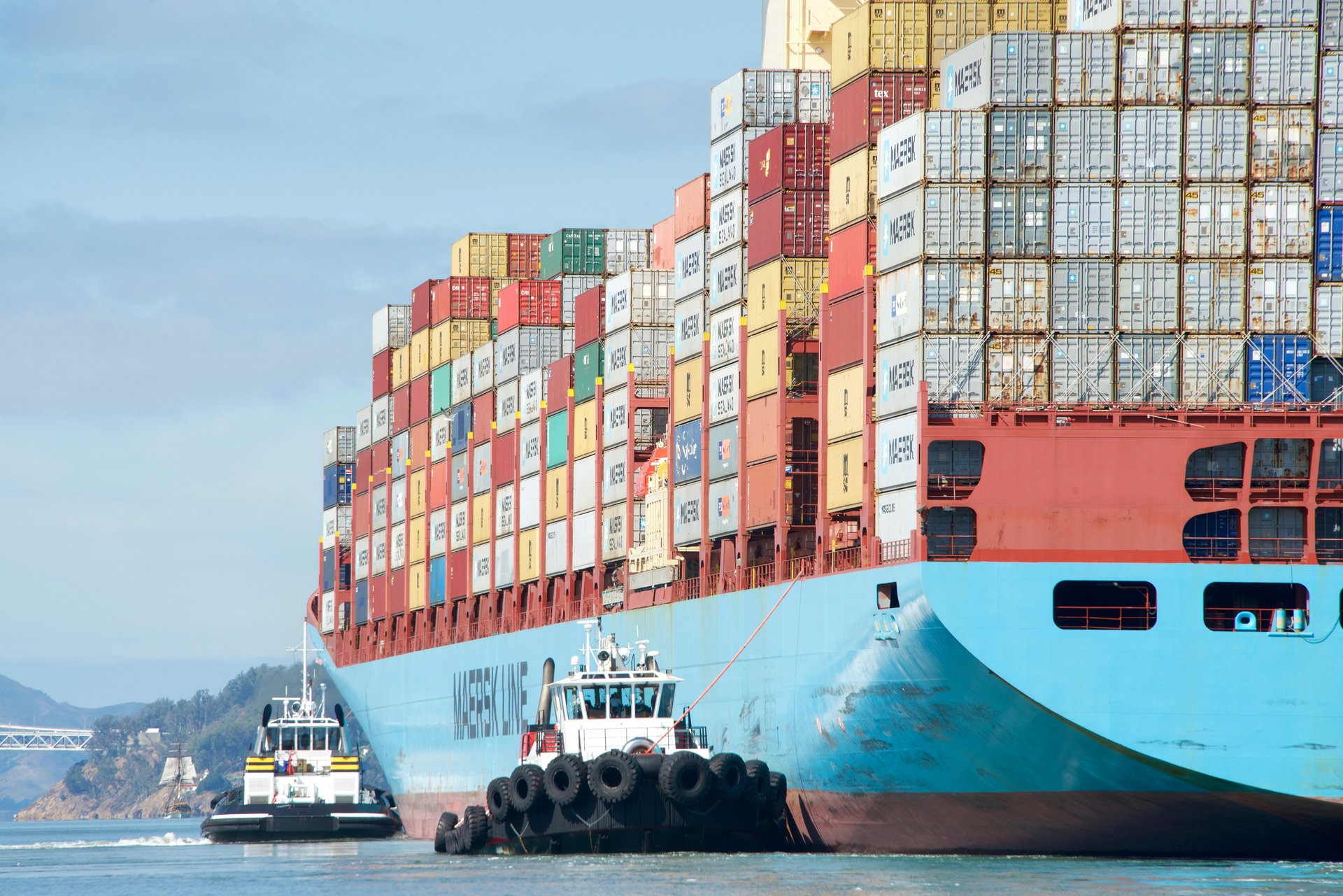
President Donald Trump today announced he plans stiff new tariffs on imported steel and aluminum. The tariffs — essentially a tax — will add 25 percent to the cost of imported steel and 10 percent to the cost of imported aluminum. As of this writing, it’s unknown whether the tariffs will apply to select countries or all countries.
Tariffs are often used to retaliate against unfair trade practices by other countries. For example, the Chinese have long been accused of selling steel for less than cost on the world market, a practice known as “dumping” and intended to capture greater market share.
Trump campaigned heavily on protecting American jobs. He has said imposing tariffs on these imports would do that. A few days ago, the president said:
“I want to bring the steel industry back into our country. If that takes tariffs, let it take tariffs, OK? Maybe it will cost a little bit more, but we’ll have jobs.”
If American companies can buy Chinese steel for far lower prices than American steel, they will. That helps Chinese steel workers, but puts American steel workers out of a job. Taxing imports essentially pressures American companies to use American steel by making Chinese steel more expensive.
Here’s one of Trump’s tweets from March 1:
Our Steel and Aluminum industries (and many others) have been decimated by decades of unfair trade and bad policy with countries from around the world. We must not let our country, companies and workers be taken advantage of any longer. We want free, fair and SMART TRADE!
While that’s a sentiment hard to argue with, the stock market certainly doesn’t seem to like the idea. Shortly after his announcement, the stock market plunged more than 500 points.
Why? Here’s how one asset manager explained it to CNBC:
“That could really spook the market,” said Marc Chaikin, CEO of Chaikin Analytics. “The biggest wildcard would be a trade war and nobody should be excited for that.”
A double-edged sword
While protecting American jobs sounds like a great idea, trade is a bit more complicated than some in Washington are making it sound. For example, consider this recent comment made on Bloomberg by former Treasury Secretary Larry Summers.
What I can be pretty sure of is that because there are far more Americans who work using steel and aluminum than work producing steel and aluminum, an effort that is successful in protecting the American market and raising the prices of aluminum and steel is more likely to be a net job stealer than a net job creator.
This, in a nutshell, is the problem with protectionist trade practices. Raising the price of Chinese steel will force more American companies to use American steel, and that protects American steel workers. But raising the price of steel will also result in higher prices on products containing steel, from cars to toasters. As prices rise, we buy less stuff, which may cost the jobs of those making that stuff, and the economy more generally.
Another danger of tariffs is that they can ignite a trade war: “You tax our steel, we’ll tax your soybeans.” (We exported $21 billion of agricultural products to China in 2016.) So then what we’ve done is saved the job of a steel worker and lost the job of a soybean farmer, tractor salesman or dockworker.
Trade tensions over steel are not new; Accusations of steel dumping are among the most common among trade disputes taken up by the World Trade Organization. As the Los Angeles Times reports, it also won’t be the first time for a president to impose sanctions on steel imports:
[T]he last time a U.S. president imposed global steel sanctions was in March 2002 when President George W. Bush levied tariffs of up to 30% on various types of imported steel, making good on a campaign promise to aid beleaguered steel manufacturers and workers amid a surge of imports.
U.S. steel prices jumped nearly 70% by mid-summer, but months later the WTO ruled the action illegal and Europe threatened to retaliate with tariffs of its own, on Florida citrus, motorcycles made in Wisconsin, and other U.S. goods. Shortly afterward, Bush pulled the tariffs, 16 months earlier than the three-year period they were set to remain in effect.
In short, taxing imports saves American jobs, but it can also result in higher prices, costing American jobs. Another thing politicians forget to mention: Higher costs, especially labor costs, will accelerate the real American job killer: automation. The simple fact is that more and more jobs are being done by robots, a problem virtually ignored by most politicians. Apparently, it’s much easier to simply blame the Chinese than grapple with the complex issue of technological advances.
The bottom line
It’s easy to get applause by promising to save American jobs. But tariffs are a very blunt, and potentially dangerous, instrument.
What Trump and others have thus far failed to account for is the potential ripple effects from these policies. There are plenty of experts on both sides; there’s no answer that’s unassailable. The point? It’s more complicated than it appears.
What do you think of U.S. trade policies? Sound off below or on our Facebook page.




Add a Comment
Our Policy: We welcome relevant and respectful comments in order to foster healthy and informative discussions. All other comments may be removed. Comments with links are automatically held for moderation.